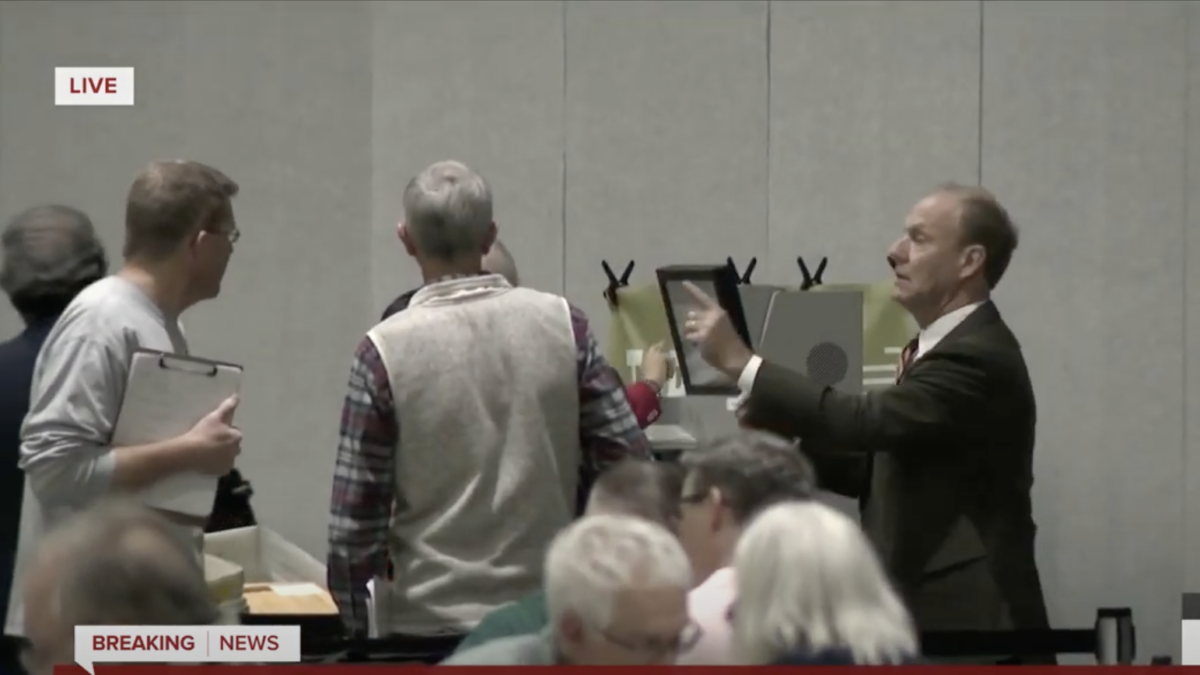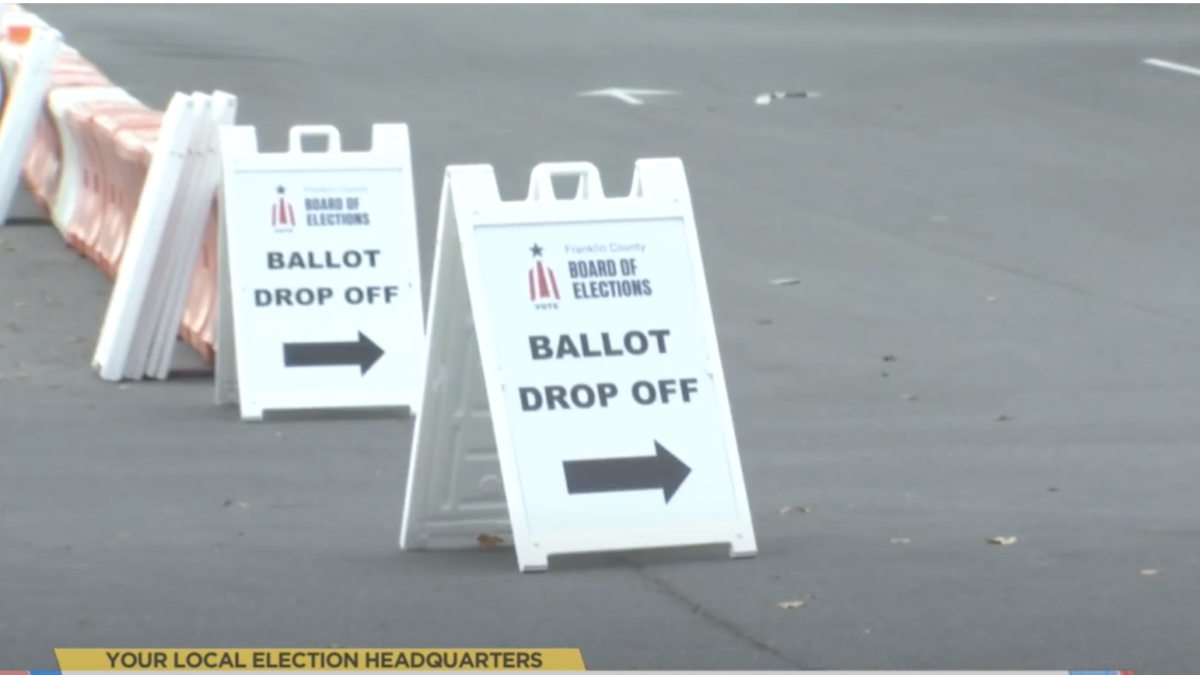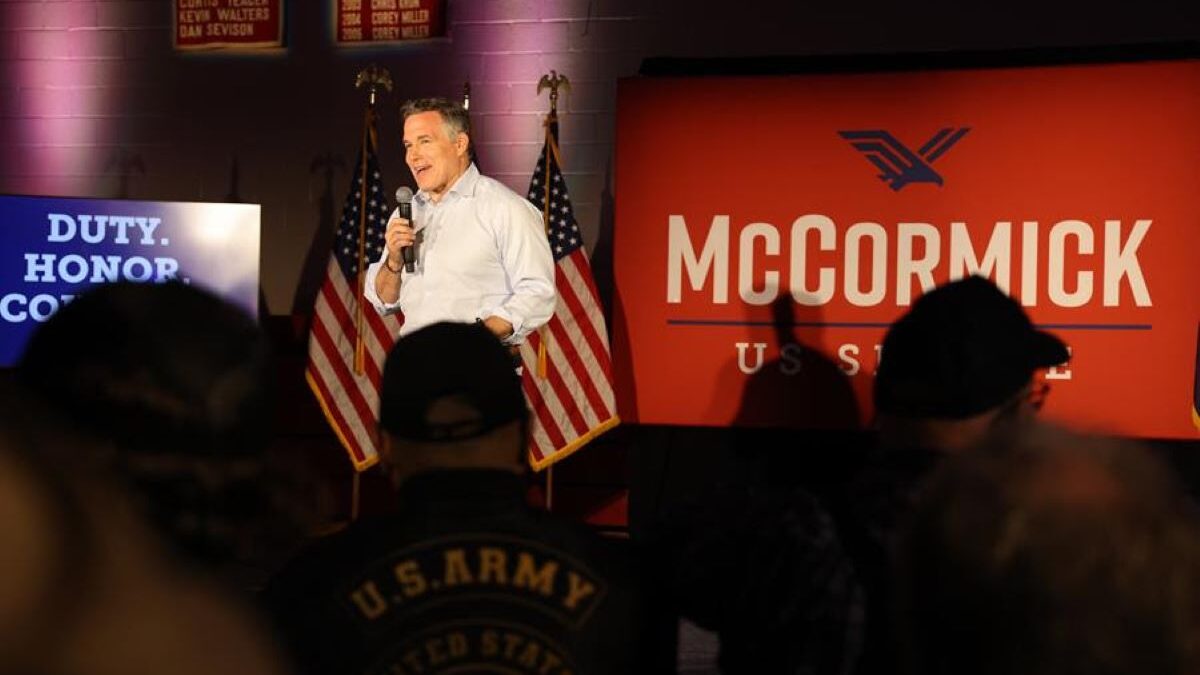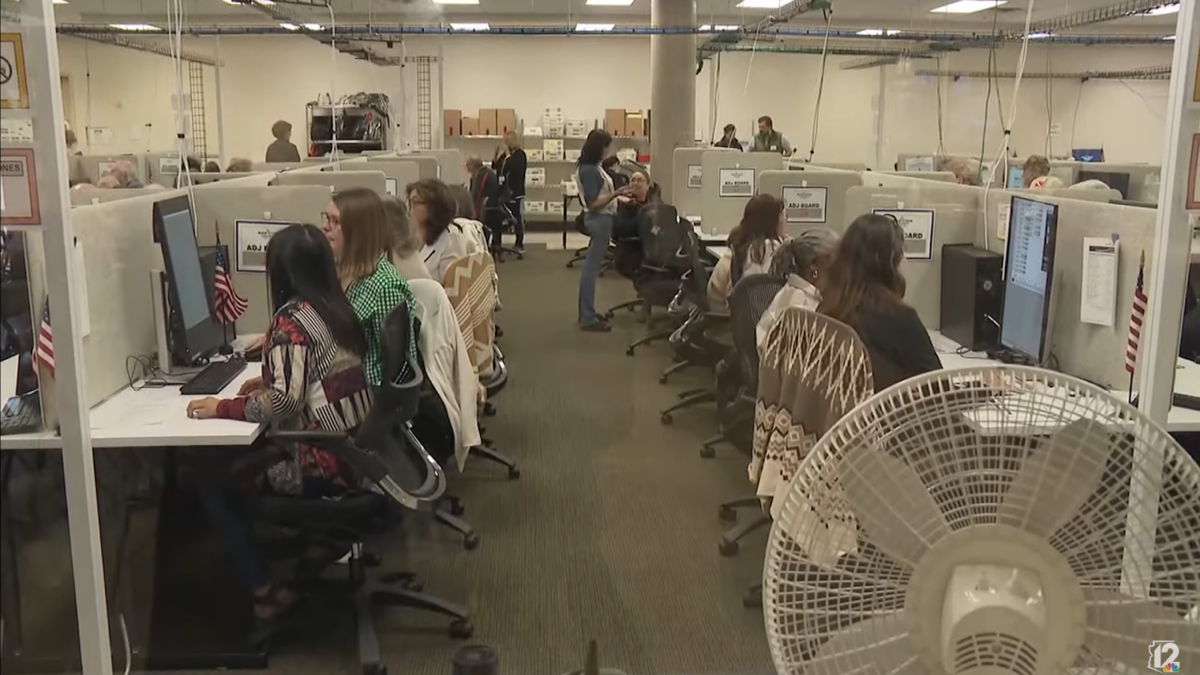
Brace yourself for some breaking news: The federal government is bad at something!
I know this may come as a shock, but it’s true. The bureaucracy is trying to tackle an important and complex challenge, and unbelievably, it isn’t faring too well!
Americans will laugh at that sentiment no matter how they vote. Griping about government is a national pastime on par with the backyard barbecue. Ordinary folks with all manner of political views share in common complaints about the quality of education, healthcare, infrastructure, and other outputs. Nobody thinks the U.S. government runs like a well-oiled machine.
Last week, my senior AEI colleague Nick Eberstadt offered even more fuel for our frustration. He spotlighted the sorry state of our government’s data-gathering operations:
Today our government statistical services are failing at some vital missions-and they have generally been falling away from the global forefront for at least a generation. In key fields we see not only stagnation, but even retrogression. The painful truth is that our statistical services are currently incapable of providing some of the basic facts and figures we need for confronting our most pressing domestic social troubles.
From poverty to religion to family demographics, our view of the state of the nation is growing murkier. Thanks to bureaucratic ineptitude, insufficient funding, or both, the bureaucracies charged with collecting these important data are falling down on the job.
Most Americans, left and right, would agree this is pretty lame. Okay — but then what? Say we add “social statistics” to our shared litany of government gripes. We’ll slot it somewhere between “potholes” and “long lines at the Post Office.” How can we learn from the failure and move forward?
This is where the wheels come off. Because while liberals and conservatives often agree on the areas where the state lets us down, the two sides learn opposite lessons from each failure. Faced with the same government screw-up, a progressive and a conservative will each see knock-down proof that their ideology is right and the other guy is dead wrong.
This orgy of confirmation bias makes creative policy work more difficult. It leaves Washington less able to help the real people that are vulnerable to government’s failures. It is a dreary and damaging way to think. We can do better.
How conservatives see government failure
Say you’re a conservative. You’re faced with an example of poor government performance. What do you see? Why, you see a complete vindication of all your core principles.
Edmund Burke was an Irish statesman and the intellectual grandfather of conservatism. Burke argued that rulers who seek to reorganize society according to their whims are bound to fail. Human nature is too messy to herd into Utopia. The tried-and-true structures that ordinary people slowly construct will always be imperfect, but they beat the abstract dreams of some self-certain genius eight days a week.
The Austrian economist and libertarian demigod Friedrich Hayek emphasized a similar point. Hayek wrote that central planners will never be able to grok the vast body of practical knowledge that makes a society function. Great civilizations are built from the bottom up, with individuals acting on their own tastes and judgments through small-scale trial and error. This process may look messy, but it works. Clumsy coordination just collapses under its own weight.
This philosophical thread is woven deep into the modern right. Trust in the organic arrangements that citizens build over time; be wary of grand schemes from the “best and brightest.” So every time a government agency overspends and under-delivers, conservatives just nod. That’s the whole point. Throwing money and power at faraway authorities with fanciful schemes just does not work.
And limited-government folks might find special schadenfreude in the statistical struggles that Eberstadt documents. This isn’t just some ordinary case where technocratic plans are dashed on the rocks of reality. It’s a meta screw-up: The technocrats can’t even figure out how to gather the right information to concoct the delusional schemes that will then be dashed on the rocks of reality!
How can anyone still think that cramming enough PhDs into D.C. will make the trains run on time? What could disprove that more clearly than this?
How progressives see government failure
But what if you’re a progressive? What do you see in the same episode of poor government performance? Why, definitive proof of your worldview, of course!
See, most civilized societies have realized that personal independence earns a lower moral priority than other important goals. Balancing freedom and security is never easy, but the Europeans are right to follow philosophers like John Rawls farther away from rugged individualism and more towards alleviating the suffering of others.
Unfortunately, a weird contingent of Americans still clings to the Wild West delusion that autonomy trumps our obligations to our neighbors. Under their influence, we keep settling for policies that tie one hand behind the government’s back. Hyperbolic fears about socialism make it impossible to implement single-payer, more progressive tax rates, and a thousand other sensible policies that make Europe’s social services a much better value than America’s.
Then, the very same conservatives whose paranoia made us adopt this jerry-rigged mess instead of straightforward social democracy complain that government is cludgy and inefficient! It’s a self-perpetuating scam. The right denies the state enough money and power to really help people and achieve social justice, and then they point to that fecklessness to justify more cutbacks.
Of course the state will stay sclerotic as long as this sabotage persists. And while this phenomenon shows up everywhere from our hospitals to our schools, what could make it clearer than the way that austerity cuts have crippled the government’s ability to gather data? If there were anything that reasonable people could agree on, surely it’s that we need accurate numbers to form the basis of our practical arguments.
What kind of fool would oppose sufficient funding to figure out the facts?
Don’t let your bias seduce you
In all likelihood, you nodded along with one of these stories and shook your fist at the other. Both of these stories are internally consistent. Either seems compelling enough on its face. And both fully comport with the one thing that everyone agrees on — that our current approach isn’t working well.
All of us are predisposed to one of these explanations. But what if we resisted the temptation to read Eberstadt’s piece as yet another nail in the coffin containing the other side’s stupid argument? What if we stared motivated reasoning and confirmation bias in the face and declined the cheap satisfaction they offer?
Now things are getting interesting.
Here’s how this might play out for progressives. You read Eberstadt’s piece. You begin to fume along party lines. But then you pump the brakes: How might this challenge what I already believe?
Maybe the agencies’ sluggishness to update their methods reminds you how far Washington is from the shiny, sleek technocracy you dream about. Maybe the philosophical debate over how to calculate poverty reminds you that policymaking is always ideological and never purely pragmatic.
Just maybe, the next time a politician you like declares that a massive bureaucracy will make our lives better, you’ll be a little more skeptical about what well-meaning experts can achieve.
And if you’re a conservative? You read; you fume; and you, too, pump the brakes. How might this challenge what I already believe?
Maybe the piece makes you hesitate before cheering blind and blunt austerity, and readier to admit that some government cuts really are penny-wise but pound-foolish. Maybe you realize that you don’t need to be a socialist to be scandalized that policymakers can’t even get an accurate picture of the country we elect them to govern.
Just maybe, the next time a politician you admire tries to justify sweeping budget cuts with a few pork-barrel anecdotes, you’ll be a little more skeptical that nothing of any value would be lost.
Self-critical thinking can be tough. It means turning down the saccharine pleasure that comes with viewing every headline as more intractable proof that your opponents must be brainless. It means seeking out the other side’s smartest arguments instead of slapping down their silliest ones. It means waking up hungry for humility instead of for ways to be right.
You have a choice. You face it every day. You can sit passively back as your own preconceptions take you for an easy ride, or you can retake the reins and steer your own thinking. There are smart, earnest people who disagree with you. Wouldn’t the world be a less dreary place if you both worked to see things through one another’s eyes?
Follow Andrew Quinn on Twitter.







